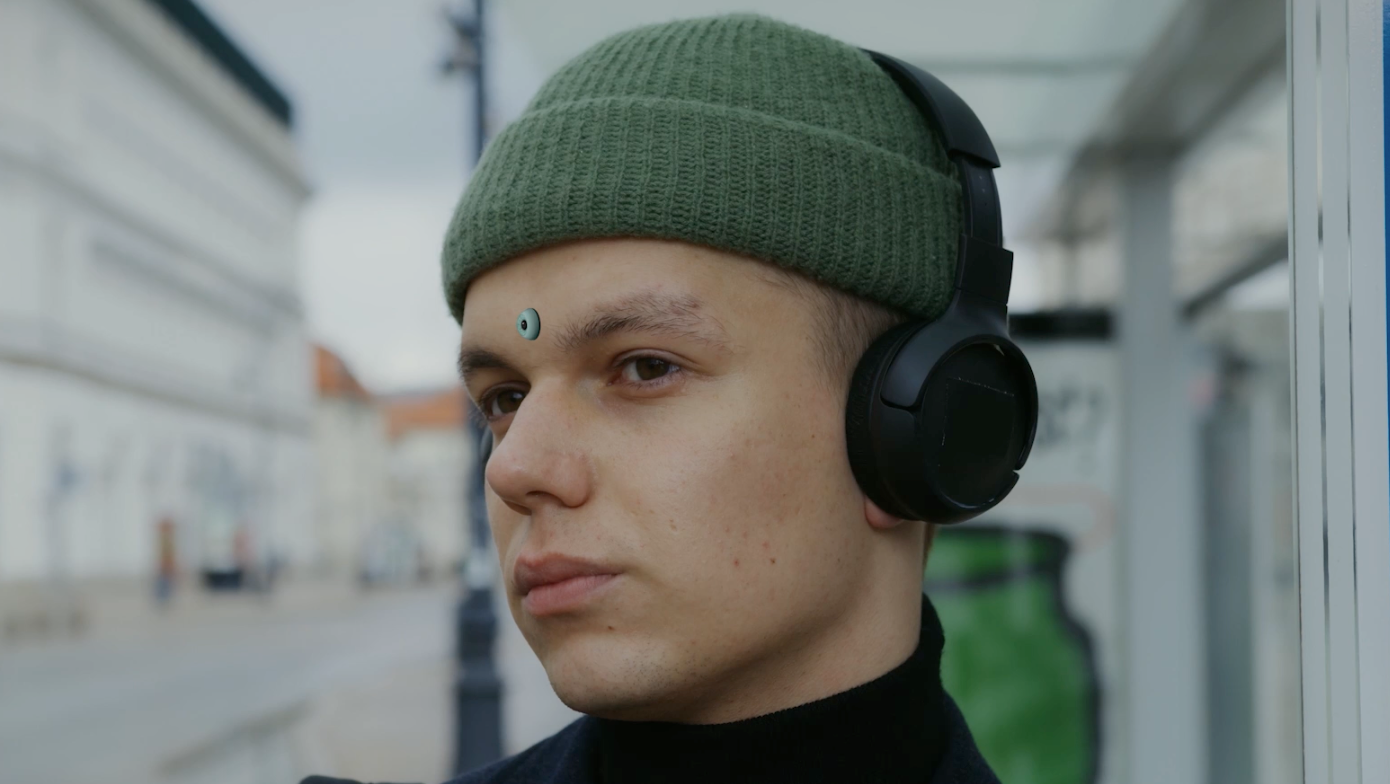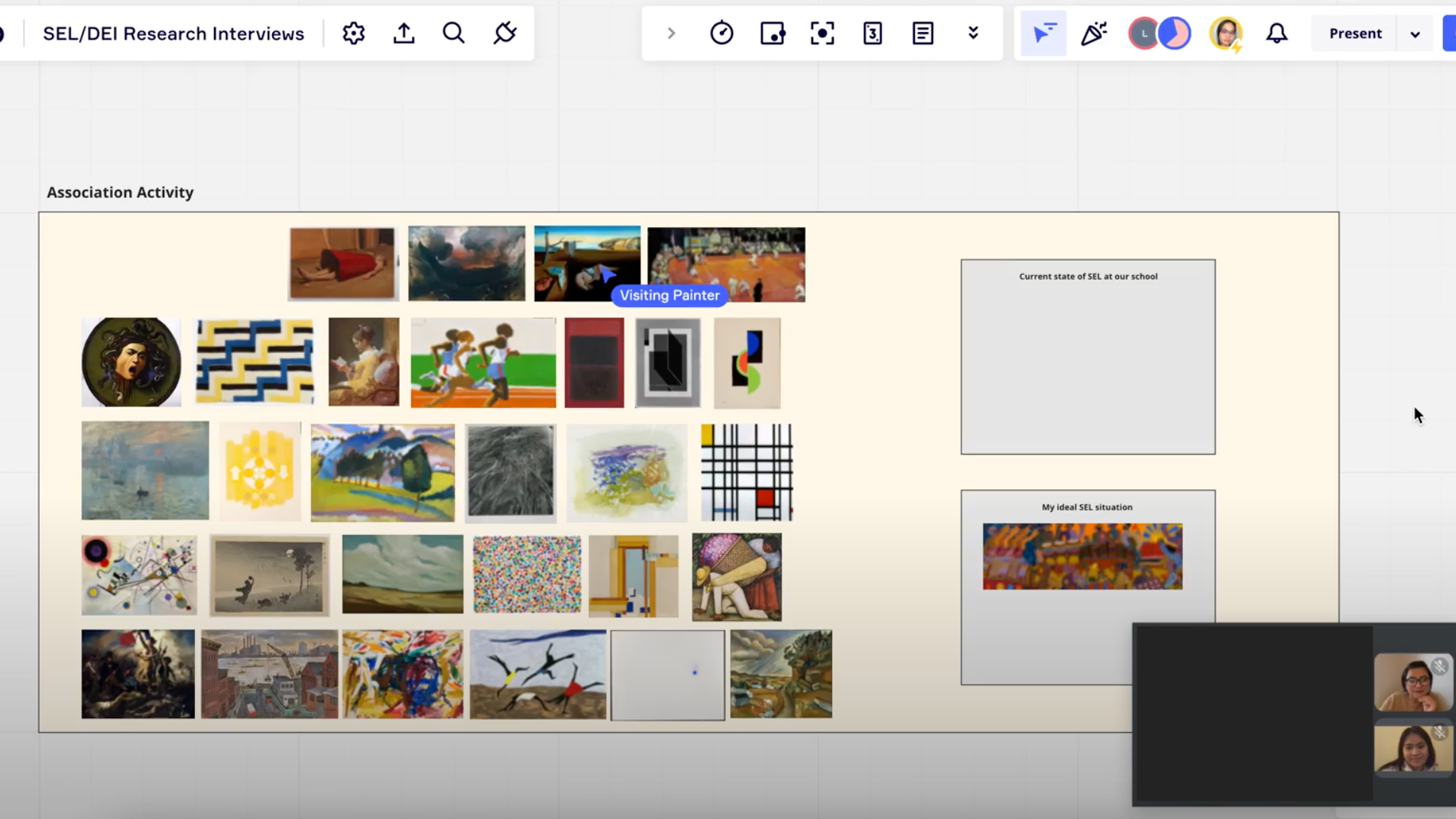Imagining a plurality of positive futures.
Many narratives set in the future — whether through forecasting or science fiction — are often dystopian. Within this framework, fear becomes the catalyst for change. But how can we be certain that our solutions will lead to positive outcomes?
PHENOMENA is a world-building tool that approaches caring for our planet through the radical act of joy. As both a digital and in-person experience, it fosters meaningful connections among teams and situates play as central to the design process.
Approach
PHENOMENA approaches participatory design in an engaging way by combining familiar gaming techniques with theatrical methods. During the experience, participants are asked to imagine preferred futures guided by a shared vision of “what makes a planet meaningful to us and how can we sustain that remarkable feeling together?” Participants walk away with new design concepts that are rooted in their personal experiences of joy, while engaging in self-reflection as both creators and inhabitants of our planet.
Anatomy of the Tool
Both the physical and virtual versions consist of the following gaming parts:
• Recollection: Cards that recall personal experiences from the past
• Discover: Cards that discover new ideas within a set time in the future
• Tokens: Hexagonal pieces that mark each turn on the map and on which responses are recorded
• Design: Special tokens that initiate the design process for the present
Printable and digital templates can be found online at phenomena.cloud. All components of the tool are designed to be open-access and customizable for teams.
The digital template is hosted on Miro.
Workshops
In the summer of 2022, I hosted PHENOMENA workshops at the Design Research Society conference in Bilbao, Spain; Participatory Design Conference in Newcastle; and the Planetary Futures of Health and Wellbeing conference in Turku, Finland.
Artifacts from Workshops
The following are alternative concepts for planetary care designed by workshop participants:
Check-In Dinners
A concept where neighbors bring locally-sourced or backyard ingredients to a communal kitchen, cook a meal together, and connect through the joy of eating. The map addresses the need for neighborhood wellbeing, as well as the importance of localized farming as a means for sustainable consumption.
Map of ‘Check-In Dinners’ created by participants.
Visual representation from Dall-E 2.
TEK-Tuning
A concept that allows non-human entities and “Traditional Ecological Knowledges” to guide our experiences with nature. The map addresses how we can deepen interactions with our surroundings to help inform environmental legislation and human behavior in the future.
Map of ‘TEK-Tuning’ created by participants.
Visual representation from Dall-E 2.
“I feel really hopeful about the world.”
— Participant & Graphic Designer
__________________________
Created under the MA Future Design program at Prague City University, 2021-2022.




